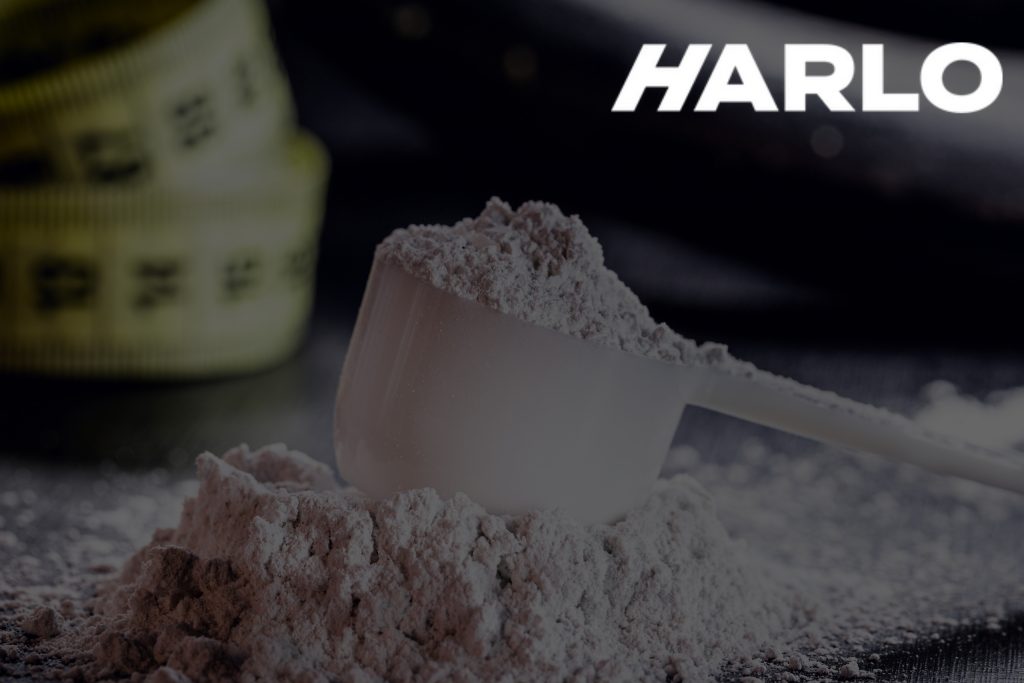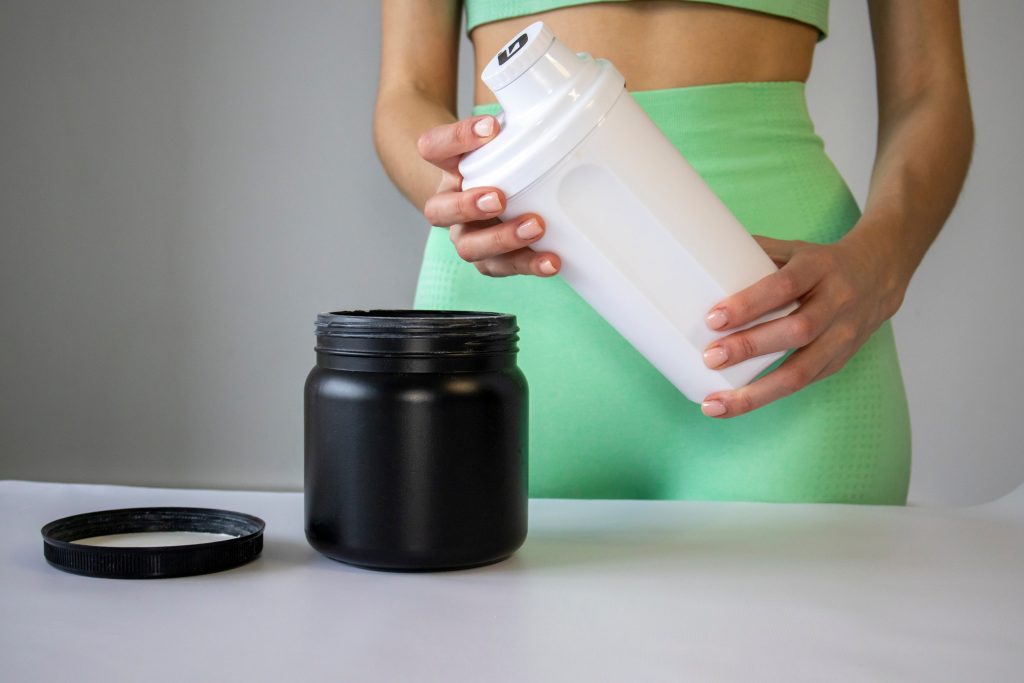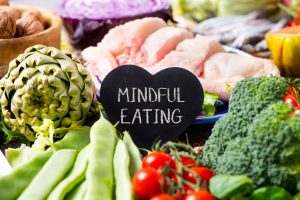
Have you ever thought about what electrolytes are and why our bodies need them so much? Electrolytes are very important for keeping our muscles, nerves, and general levels of water healthy. Our bodies have a lot of different electrolytes, but there are three that are especially important for our health and well-being.
You can find electrolytes in your blood, sweat, and pee. They are minerals that have an electric charge. They help keep our bodies’ pH levels stable and make sure that our nerves work properly and that our muscles contract properly. If our bodies don’t have the right mix of electrolytes, we can get muscle cramps, feel tired, and even have heart beats.
Sodium
As a nutrient, sodium is very important to the body. It helps keep the balance of fluids inside and outside of cells, keeps blood pressure in check, supports nerve and muscle function, and makes it easier for nerve signals to travel. As an electrolyte, sodium works with minerals like potassium and chloride to keep the body properly hydrated and make sure all of its organs work at their best.
Sodium can be found in table salt, prepared foods, canned soups, salty snacks, pickles, and sauces like soy sauce. Because these foods often have a lot of salt, it’s important to keep an eye on how much you eat.
A typical adult should get about 2,300 milligrams (mg) of sodium every day, which is about one teaspoon of salt. Some people, like those with high blood pressure, heart disease, kidney problems, or who are over 50 years old, may be told to reduce their daily dose to 1,500 mg.
Both too little and too much salt can be bad for your health. Hyponatremia, which is another name for sodium shortage, can happen because of sickness, diarrhea, or certain medical conditions. Some of the symptoms that can range from mild to serious are nausea, muscle cramps, seizures, and even death. On the other hand, eating too much salt can make you more likely to get high blood pressure, a stroke, heart disease, or kidney problems. To keep your health and well-being in general, it is important to find a balance and eat the right amount of salt.
Potassium
As a nutrient, potassium is very important to the body. Its job is to keep the balance of fluids, nerves working, and muscles contracting properly. Several bodily functions depend on this important element, such as keeping blood pressure and beating rate in check.
Foods that are high in potassium are mostly fruits and veggies. Bananas, oranges, peppers, spinach, avocados, potatoes, and beans are all popular food sources. Dairy goods, fish, and lean foods are some other sources.
Adults should get between 2,500 and 3,000 milligrams (mg) of potassium every day. This amount can change, though, based on age, sex, and some health problems. It is important to remember that people with some health problems, like kidney disease, may need different amounts of input.
Hypokalemia, or not having enough potassium in the body, can have many negative effects on health. Muscle weakness, tiredness, an irregular heartbeat, and trouble going to the bathroom may be signs. More dangerous problems, like heart rhythms or even paralysis, can happen if the shortage is very bad.
But having too much potassium, or hyperkalemia, can also be bad for your health. A lot of the time, this disease is caused by kidney problems or taking too many potassium pills. Some signs are numbness, muscle weakness, and an abnormal heartbeat. Hyperkalemia that is very bad can be life-threatening and cause heart failure.
Calcium
Because it is a necessary element, calcium is very important for many body processes. Maintaining good bones and teeth, contracting muscles, sending signals along nerves, and stopping blood are the main things it does. Calcium is good for bone health because it helps keep bones strong and dense, which keeps conditions like osteoporosis from happening.
When it comes to food, dairy goods like milk, cheese, and yogurt are great sources of calcium. Green leafy veggies like broccoli and kale, soy products, nuts, and cereals with added vitamins are some other sources.
How much calcium you should get every day depends on your age and gender. Babies need about 200 to 260 mg, and little kids need about 700 to 1000 mg. Teenagers and adults need between 1000 mg and 1350 mg of calcium every day.
If you don’t get enough calcium in your food, it can hurt your health. It can damage bones, which raises the risk of breaking them or getting osteoporosis. Muscle cramps, tingly or stiffness in the lips or fingers, tiredness, and nails that break easily are all signs of not getting enough calcium.
But on the other hand, getting too much calcium can also be bad. High calcium amounts in the blood, or hypercalcemia, can cause kidney stones, nausea, tiredness, and problems with how well the kidneys work. It is very important to keep things in balance and make sure that the amount of calcium you eat matches the daily suggested amount.

Conclusion
In conclusion, electrolytes are very important for keeping your health and well-being in good shape. Sodium, potassium, and calcium are the three most common electrolytes. They are needed for muscles to work properly, nerves to send messages, and the body to keep its fluid balance. Sodium keeps the body’s fluid balance in check and is a key part of how nerve signals are sent. Potassium is very important for keeping your heart healthy and making sure your muscles work right. Last but not least, calcium is important for strong bones and teeth. It also helps muscles contract, blood clot, and nerves work.
These electrolytes are needed for many body processes and need to be in the right amounts to keep you healthy. Symptoms like muscle weakness, tiredness, and abnormal heart beats can result from imbalances or deficits in electrolytes. Either eat a healthy diet full of foods that are high in these electrolytes or think about taking electrolyte pills if you need to. People can improve their health and well-being by recognizing how important electrolytes are and making sure they get enough of them.







